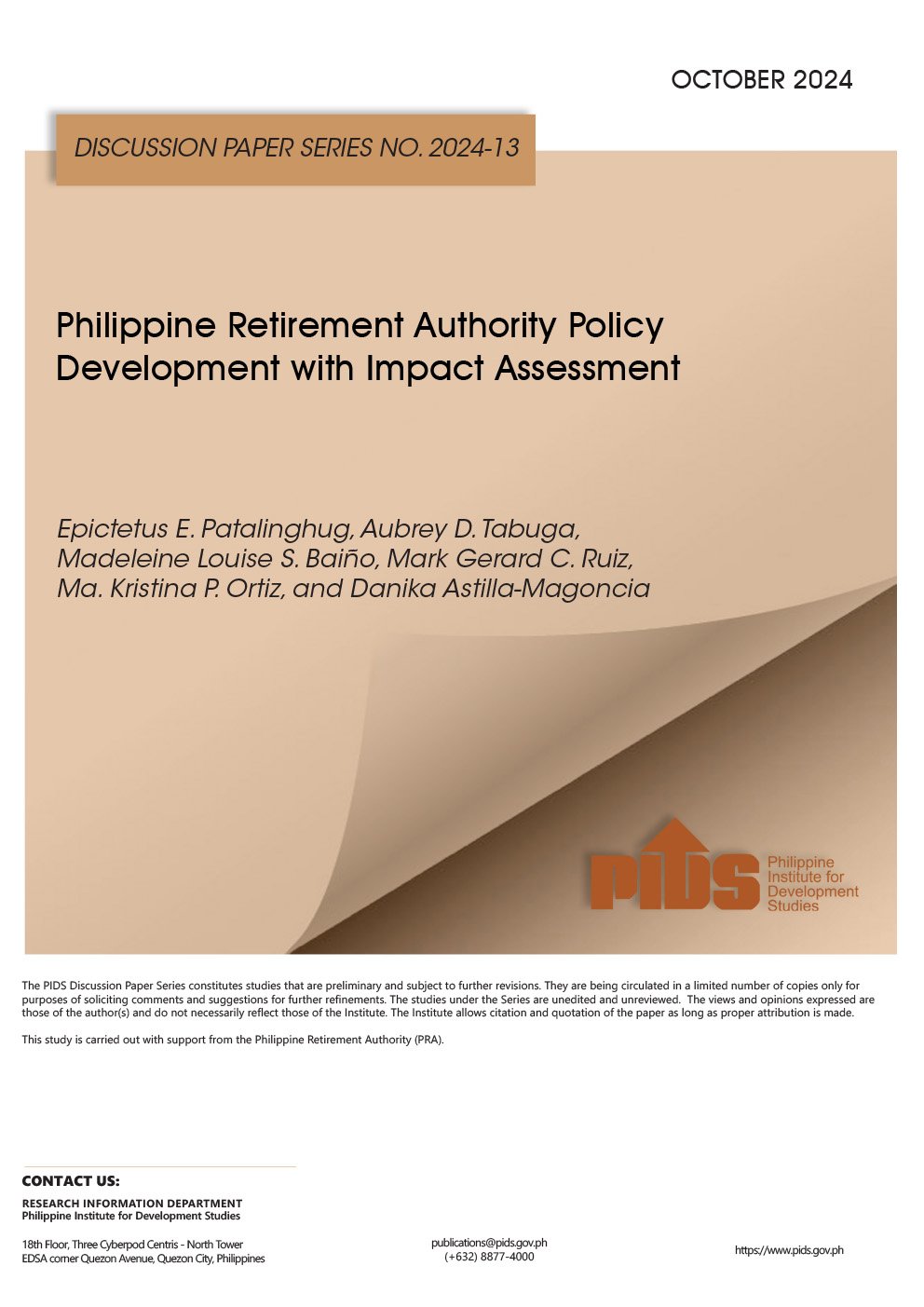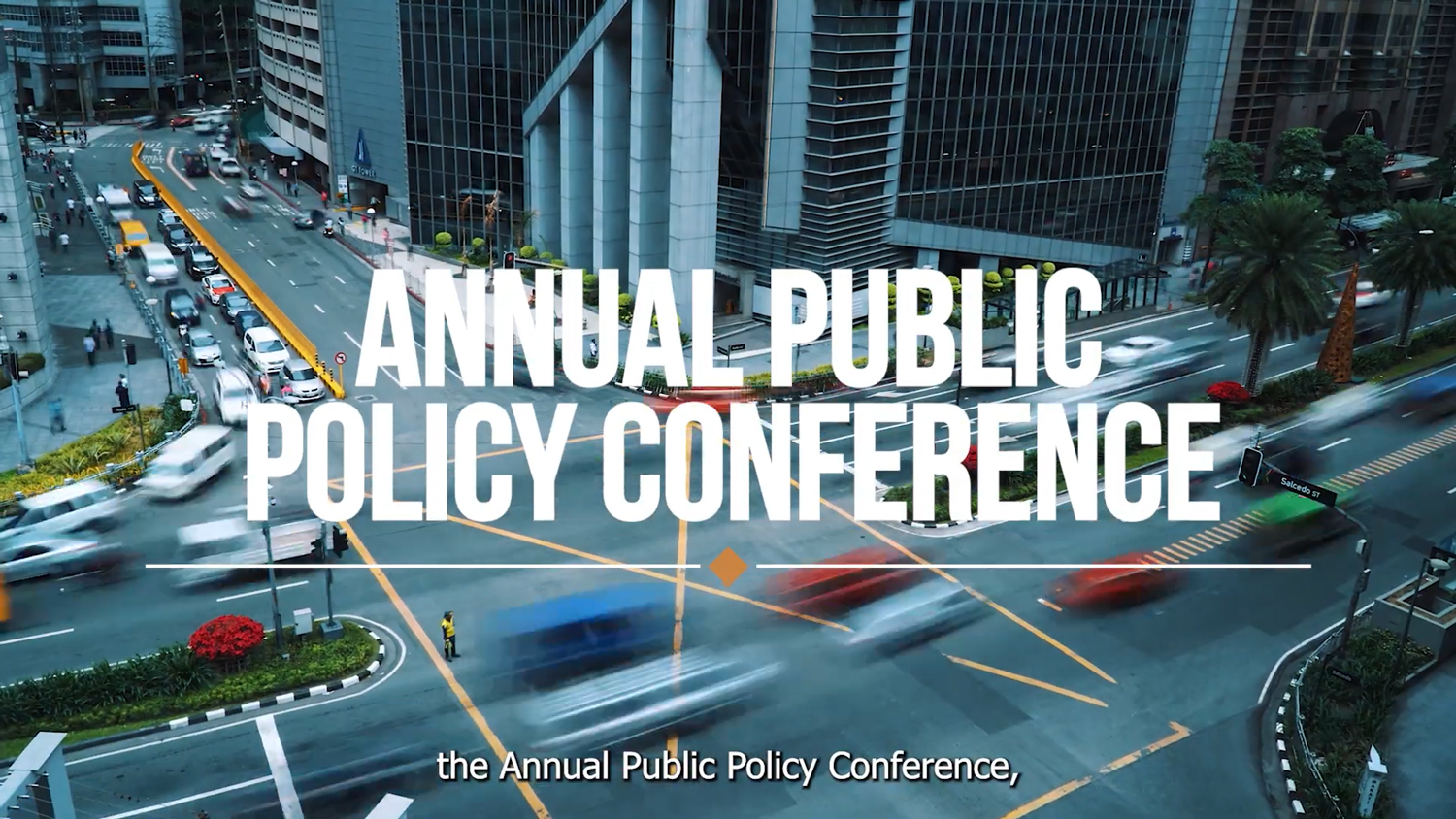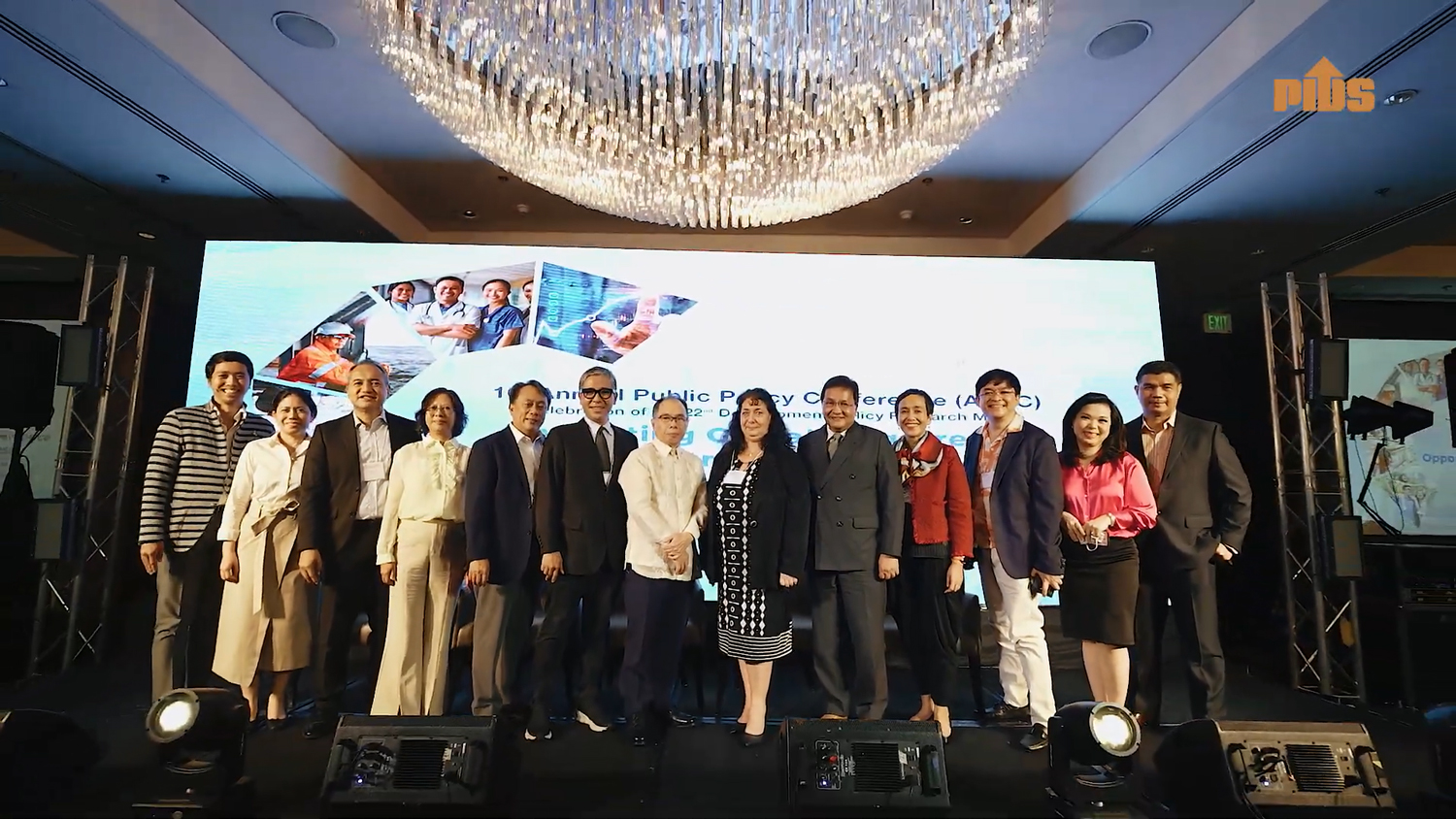RESIDENT Aquino’s much ballyhooed rice self-sufficiency policy is a failed policy. It’s fairly obvious that the country didn’t become self-sufficient in rice in 2013, the target date of the Department of Agriculture’s Food Staples Sufficiency program for the country to achieve achieve self-sufficiency.
The DA even boasted that the country would be exporting rice in 2013. Ha, ha, ha.
Sure, the DA had a secret weapon: raise the price of rice by curtailing imports and dampen the demand. Voila! The country can be declared self-sufficient because the price of rice has risen so high that demand for rice has been dampened. The fact that rice has become unaffordable to poor consumers be damned. With high rice prices, the balance between demand and supply has been achieved. The government can claim the country is self-sufficient in rice. Pogi na naman ang Aquino government.
But even shafting consumers hasn’t been enough to achieve rice self-sufficiency. The DA has projected that NFA would need to import about 850,000 to 1 million MT this year. The DA has conveniently blamed typhoon Yolanda for not achieving its self-sufficiency target. A lame excuse, because Yolanda didn’t affect rice production that much.
If not for the smuggling, rice prices would probably be rising much faster.
Rice self-sufficiency is a pa-pogi policy that masks greed and venality. It makes a mockery of President Aquino’s Daan Matuwid. Why?
Because under its rice-self sufficiency policy, the DA has justified its bigger budget for irrigation, seeds acquisition, and the like. That means more funds to skim off, since there’s no economic rationale for the bigger budgets for rice production. As agricultural economist Roel Briones stated when the rice self-sufficiency target was first unveiled by the DA, rice self-sufficiency is impractical, costly, and infeasible.
While there’s money to be made from throwing money at irrigation and rice production projects, there’s even more money to be made on the demand side of the equation: curtail demand by restricting imports through the NFA’s monopoly on rice importation and make more money by awarding import licenses.
See the beauty of the scheme? Restrict rice imports under the guise of rice self-sufficiency, dampen demand through higher prices, and then make money by awarding coveted licenses to import.
This makes the Filipino people double-losers: rice prices are at least 40% higher than if there’s free trade in rice. Millions of Filipino rice consumers, including farmers who are net consumers of rice, are worse off. Filipino manufacturers become less competitive as their workers have to spend more for their primary source of calories.
Filipinos as taxpayers are losers too. Not only do they have to pay for the wasteful rice production projects of the DA, they also have to pay for the losses of the National Food Authority, which it incurs by selling prices below market ostensibly to poor families. The problem is that cheap NFA rice doesn’t end up with the poor, but in the commercial market where it is diverted by unscrupulous but well-connected traders.
Assuming conservatively that imported rice is cheaper than domestic rice by PHP5 per kilo, this means that welfare losses amount to at least PHP60 billion a year (PHP5 times the average consumption of 120 kilos of rice per person a year times a population of 100 million). The welfare losses are greater than what the government spends on the Conditional Cash Transfer program.
There are other losses too. The restrictive import environment makes smuggling attractive and rampant. The government loses out in uncollected tax revenue. Jess Tanchanco, the former NFA Administrator, told me jokingly that Cebu is now the new rice granary of the Philippines due to you know what. We have to thank the DA for this "economic miracle.”
The NFA’s use of Quantitative Restrictions or QRs is a violation of the country’s commitment to the World Trade Organization. Legally, there should be no more quantitative restrictions. This is the position of the Department of Justice and that’s why they will have a hard time prosecuting David Tan, alleged rice smuggler. Since the country is in violation of its WTO commitments, it can be penalized by the WTO, adding to the costs of maintaining quantitative restrictions on the importation of rice.
Opportunity losses must be counted too. The money that the government is wasting on rice production projects and in subsidizing huge NFA losses is better spent in increasing production of high value agricultural crops, such as cacao, vegetables, and fruits.
Rice self-sufficiency is not the same as food security. One can achieve the latter without necessarily being self-sufficient in rice. A country can have food security through trade, just as what affluent Malaysia has done. Malaysia relies on imports for as much as 35% of its needs.
The claim that rice is thinly traded and one can’t rely on imports is hogwash. If the country has the money, it can rely on international trade to meet its rice requirements. The market will respond.
Moreover, the country can forge treaties of cooperation and rice security with its fellow Asean members, Thailand and Vietnam, the two biggest rice exporting countries in the world, to assure its rice supply in case there’s a rice supply crisis.
What we need is not rice self-sufficiency, but income security and food security. Instead, despite, or because of, the DA’s rice self-sufficiency policy, widespread hunger persists. The DA has been more successful in being the source of controversies involving graft and corruption, from the fertilizer scam to the alleged Napoles-National Agribusiness Corporation plunder of the national treasury, than they have been in producing food and reducing hunger.
One wonders why President Aquino remains protective of the DA despite the failure of its rice self-sufficiency policy and the many graft controversies surrounding the agency.
Why is this another failed policy? Because the other failed policy is the government’s total log ban policy, another pa-pogi government policy that increased the incentive for illegal activities. However, I will reserve discussing this other failed policy in another column.//












